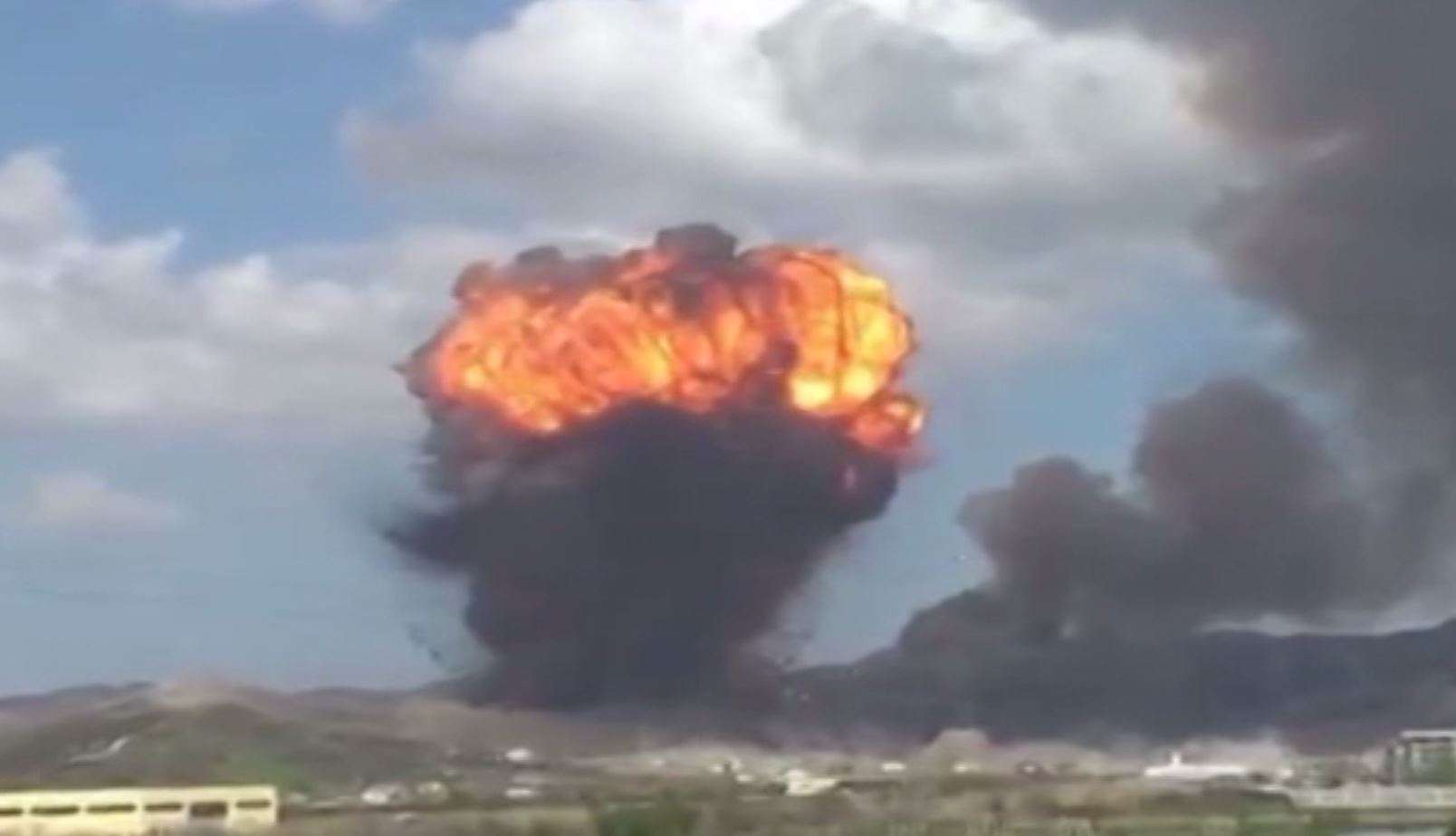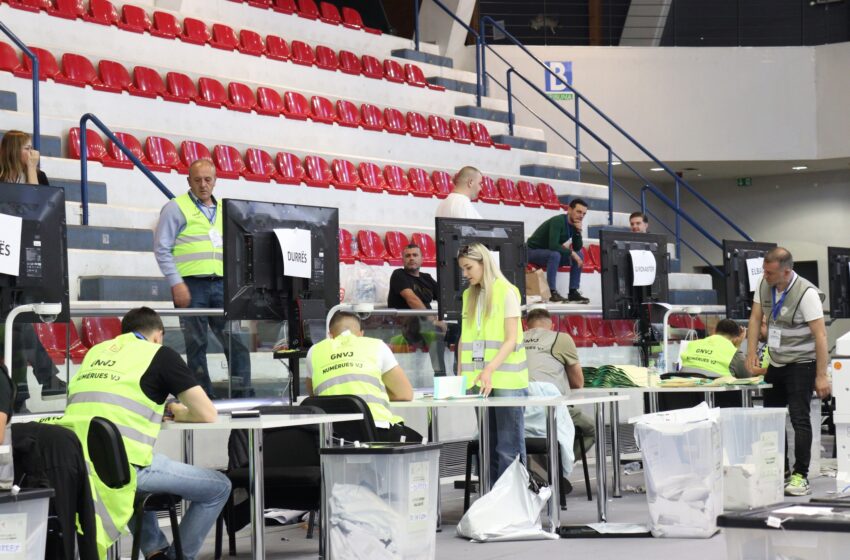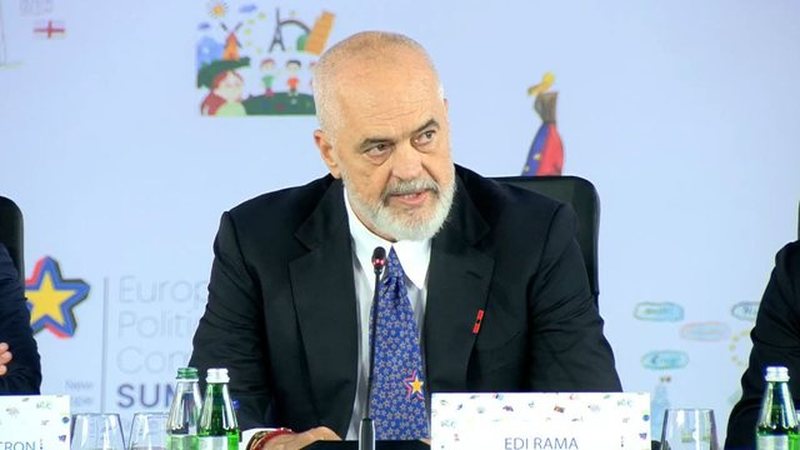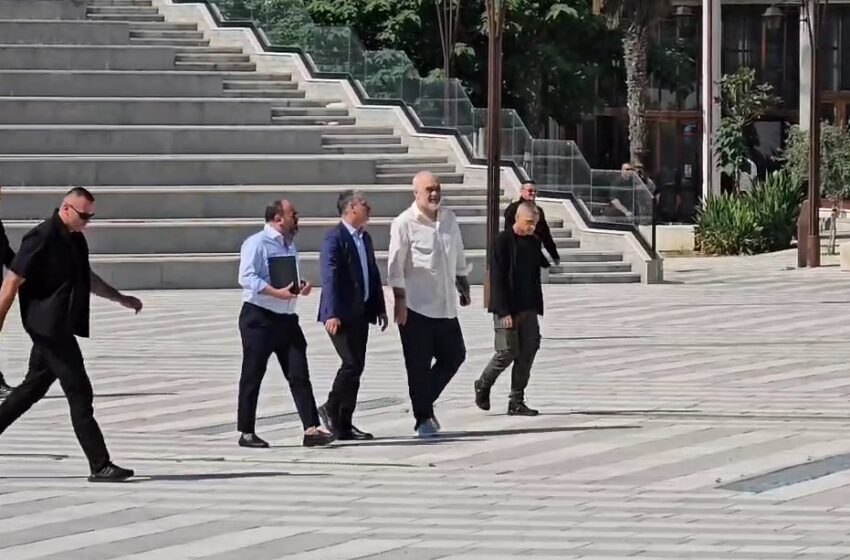American businessman involved in Gërdec tragedy in damning interview concerning Sali Berisha’s son’s role in arms scandal

An American businessman, David Packouz, one of the partners in the company that played a central role in setting up the factory whose explosion caused the Gërdec tragedy on March 15, 2008 in Albania, has given a damning interview in the “Connect” podcast about the role of Shkëlzen Berisha, Sali Berisha’s only son, in the affair that ended up killing 26 people and wounding 200 more.
Why is this important
The interview, where Packouz alleges that Shkëlzen Berisha, the son of the former Prime Minister, was involved in the affair, comes at an especially inconvenient time for Sali Berisha and his son, given the increasingly loud calls by many Albanians, including families of victims of the Gërdec tragedy, for the reformed justice institutions to truly investigate what happened and hold the real culprits to account.
Context
David Packouz, former business partner of Efraim Diveroli, whose company secured a $300 million contract with the U.S. Department of Defense in 2007 to supply Afghan forces with ammunition suitable for their Soviet-produced weaponry, has revealed new details about the involvement of the Albanian government led by Sali Berisha in a controversial arms deal.
The scheme involved the repackaging of Chinese munitions—banned by the U.S. government for use by Afghan forces—in an improvised factory in Gërdec, a village near Tirana’s Rinas Airport, in order to hide their Chinese provenance. It was an explosion at this factory on March 15, 2008, that killed 26 people, including children, and injured 200 others.
The Gërdec incident was officially labeled a “technological accident” by then-Prime Minister Sali Berisha and the judiciary of the time that he largely controlled. However, what was never clarified by Berisha was why a munitions dismantling factory was built in the middle of a village, staffed by unqualified locals, when Albania already had a certified arms dismantling facility in Poliçan, with skilled workers who had been laid off due to Berisha’s economic reforms.
What was said
- Packouz detailed how the deal was struck with a company that would repackage the Chinese munitions, which Albania was obligated to dismantle as a condition for NATO membership. However, instead of being dismantled, the munitions were illegally sold to Diveroli’s company and repackaged with the full knowledge of the Prime Minister, the Minister of Defense, and the director of MEICO (the state arms export company), as though they were “Made in Albania.”
- Packouz described communications with Mihal Delijorgji, the Albanian businessman who ran the factory, whom he identified as the head of the Albanian mafia, and confirmed that Shkëlzen Berisha was present at their meetings. “Delijorgji, we later learned, was the head of the Albanian mafia. And in a way, he’s involved in this and connected to the Prime Minister’s son, who was present at the meeting. This is how it works everywhere—in Russia and many Eastern countries. The government and the mafia work hand in hand.”
- Before making a deal with Delijorgji, Diveroli had collaborated on repackaging with another Albanian businessman, Kosta Trebicka. Dissatisfied with the deal falling through, Trebicka exposed the Chinese munitions repackaging scandal to The New York Times and U.S. authorities. According to Packouz, Trebicka also spoke to Albanian media and was found dead a week later, near his car in a remote village in Korça, where he had gone hunting. Although the prosecution ruled the incident an accident, circumstances suggested it was a murder, as Packouz also mentioned in his interview. “Kosta was very upset and called The New York Times, telling them what we were doing. He called the FBI and told them too. But his biggest mistake was contacting Albanian media and telling them that Albanian politicians were taking bribes for this deal. A week later, he ended up dead in a suspicious car accident. He was found in an empty field, on an unpaved road, run over by his own car, face down. This happens sometimes. No one asked questions. No one really believed it was an accident, but they made it look like one. So, they called it an accident.”
Reactions
After the interview was published, Shkëlzen Berisha responded on Facebook, calling the allegations fabricated lies by his father’s political opponents, including Prime Minister Edi Rama. However, Efraim Diveroli was sentenced to four years in prison in the U.S. for his involvement in this affair. Hollywood later made a movie based on the true events, titled War Dogs, while Albania’s Special Anti-Corruption Structure (SPAK) has reopened the investigation into the Gërdec incident. Former Minister of Defense Fatmir Mediu has been indicted, and Shkëlzen Berisha has been called in for questioning.
Questions about Shkëlzen Berisha’s role in the tragedy have been raised repeatedly, especially after a document drafted by the Justice Minister in the Berisha Government of the time came to light. The document, which was signed by the Minister, was addressed to the Ministry of Defense on March 13, 2007, and sought their cooperation for the drafting of a Council of Ministers’ decision, “On the procedures for handling weapons, technology, and equipment belonging to the Armed Forces that is no longer in use and has been removed from the armory.” It was this document that paved the way for the operation that was set up in Gërdec. At its top corner, there was a note reading “For Shkëlzen Berisha.” The day after, on March 14, 2007, the Council of Ministers, led by Berisha, approved the decision, paving the way for the construction of the arms dismantling factory in Gërdec. A year later, on March 15, the explosion in Gërdec occurred, and shortly after, the entire scandal and alleged involvement of the Berisha family was exposed.


